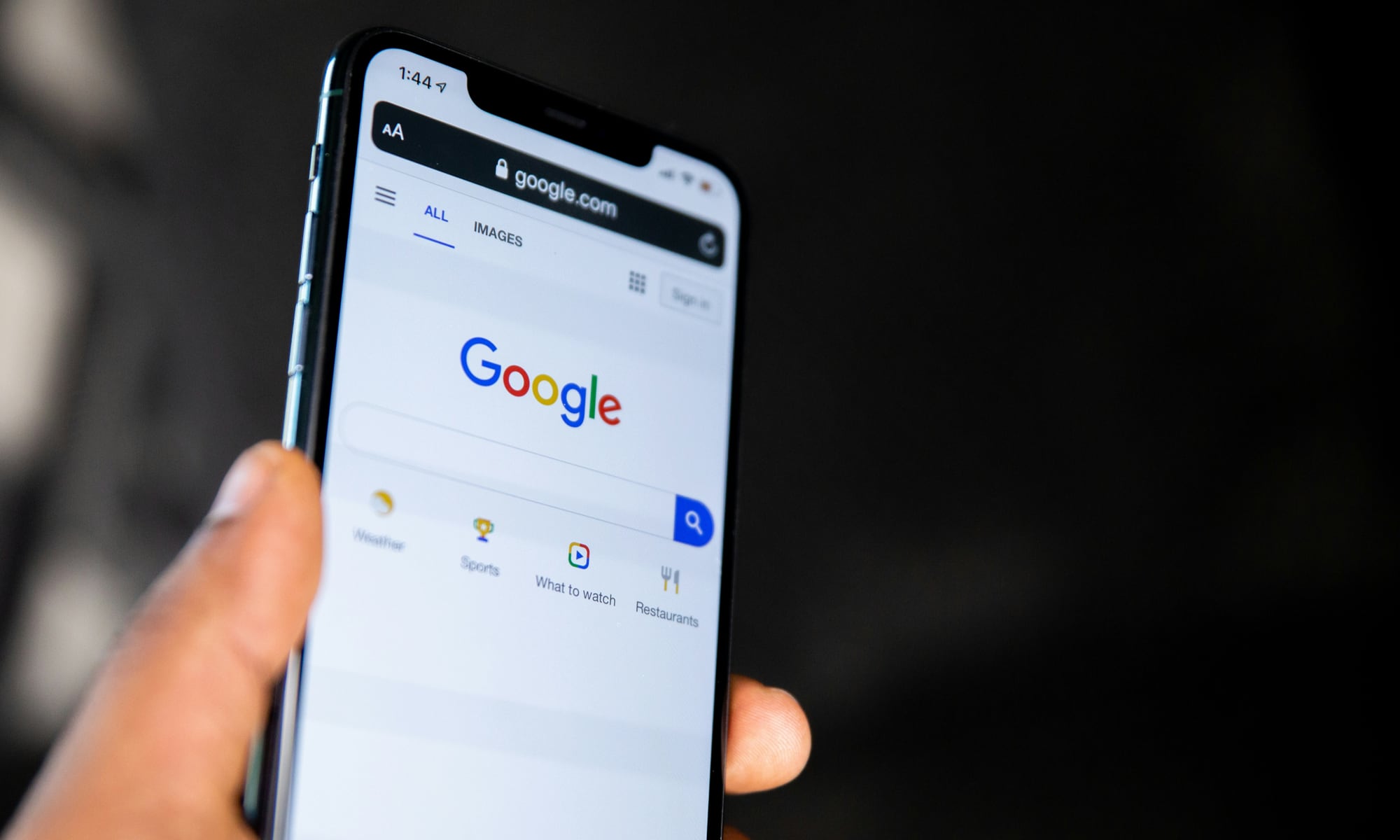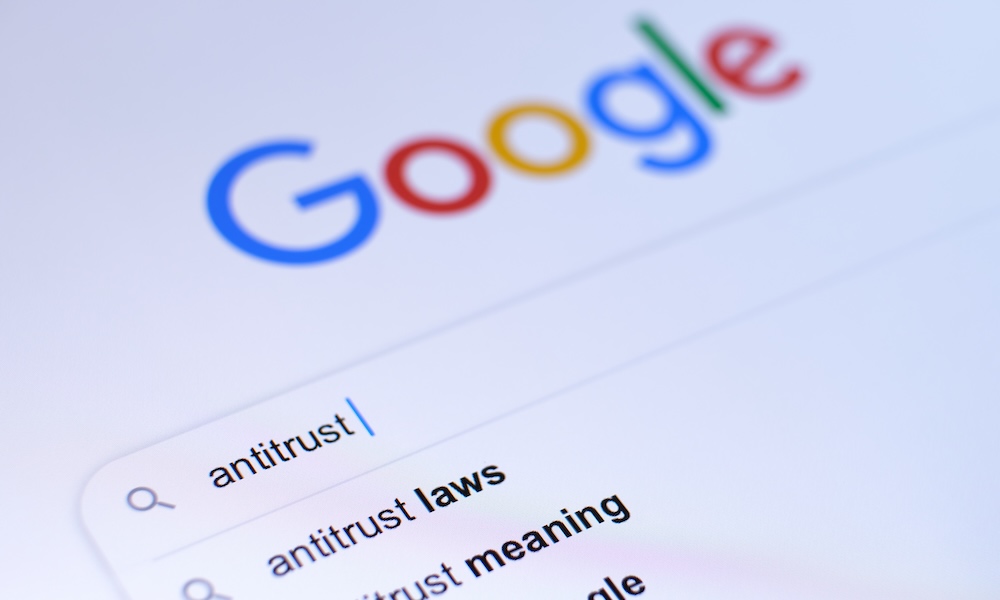Apple Scores a Victory as $20B Google Search Deal Is Upheld
 Solen Feyissa
Solen Feyissa
Toggle Dark Mode
Apple’s lucrative search engine agreement with Google can remain intact, following a ruling by a federal judge. The court’s decision orders Google to make some changes to its business practices, but allows the tech giant to retain its search business.
US District Court Judge Amit P. Mehta on Tuesday outlined remedies that would bar Google from entering or maintaining any exclusive deals for the distribution of its Search, Google Assistant, Gemini, or Chrome products that would tie those products to other apps or revenue agreements.
This means that, while Google is no longer allowed to make exclusive contracts for search engine distribution, it is still allowed to pay Apple to be listed as the default search engine option on iPhone. Apple earns an estimated $20 billion annually from Google for this placement. That’s a substantial chunk of the $96 billion in Services revenue Apple reported for its 2024 fiscal year, so the possibility that the ruling could have banned the two companies from entering into search engine agreements would have had a meaningful impact on Apple’s bottom line.
“Cutting off payments from Google almost certainly will impose substantial — in some cases, crippling — downstream harms to distribution partners, related markets, and consumers, which counsels against a broad payment ban,” said the judge.
Google is allowed to make payments, as well as offer “other consideration” to distribution partners for the preloading or placement of Google Search, Chrome, and Gemini.
However, Tuesday’s ruling mandates several other changes for the search giant. Firstly, it will prevent Google from conditioning Play Store licensing on the distribution of selected apps or tying revenue-sharing payments to the retention of certain apps.
Google will also be required to share data, including certain search index and user interaction data, with rival search engines to prevent exclusionary behavior. It must also offer search and ad search syndication services to its competitors at standard rates, allowing the competitors to deliver quality results while they are still building their own search functionality.
However, Google will not be required to sell its Chrome browser or its Android operating system, as many had anticipated. The judge ruled that the government had “overreached in seeking the forced divestiture” of the assets.
Mehta has not yet handed down a final ruling. He has ordered the Department of Justice and Google to confer with each other to come up with a proposal for remedies that aligns with his opinion by September 10, or provide specific reasons in detail why they cannot. A technical committee will then be created to oversee the enforcement of the judge’s final judgment, which will have a lifespan of six years and will go into effect 60 days after the final ruling.
In August 2024, Mehta ruled that Google had acted illegally in maintaining its online search engine monopoly, as a result of an antitrust suit filed by the DOJ against Google in 2020. However, the DOJ had advocated for much stronger penalties than the remedies outlined on Tuesday by Judge Mehta.
The DOJ was looking to have Google divest itself of its category-dominating Chrome browser and possibly even the Android operating system. It also wanted Google to be required to terminate its deals with Apple and other partners that saw the search giant paying billions to gain the privilege of having its search engine appear as the default choice on devices and in browsers.
The DOJ had also called on Judge Mehta to force Google to share its search index, user-side data, synthetic queries, and ads data with its competitors under privacy-protecting terms.
Google, for its part, had argued that the government-proposed remedies would not only stifle innovation, jeopardize user privacy, and harm the company’s ability to invest in research and development.
Judge Mehta’s decision may impact the outcome of a separate antitrust trial Google is currently facing in relation to its advertising technology business. Judge Leonie Brinkema found in April 2025 that Google had illegally monopolized ad-tech markets. That remedies trial is scheduled for late September.










